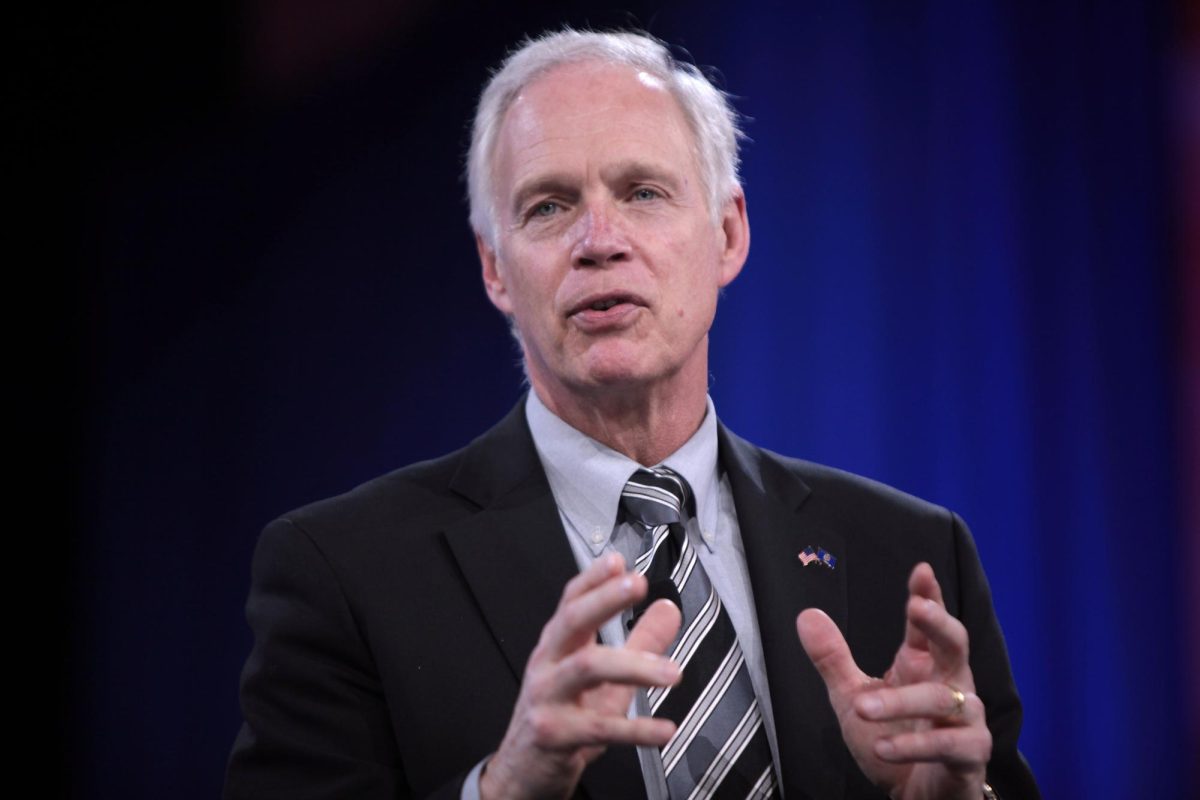In a forum held at Oshkosh’s Webster-Stanley Middle School, many gathered to hear various Wisconsin education officials to discuss the public school system in the state of Wisconsin.
The panel was made up of school finance expert Michael Ford, UW System President Ray Cross, State Superintendent Tony Evers, UW Oshkosh Chancellor Andrew Leavitt and Oshkosh Area School District Superintendent Stan Mack.
“It’s not surprising to me that our education system, which is the most expensive thing in the state, is starting to reflect this fragmentation that we have in our ideologies,” Ford said.
The speakers met on Sept. 26 and said the public school system is underfunded.
According to Ford, the education system is fragmented due to its complicated nature, the inclusion of statewide voucher schools and private school tuition reduction.
“We’ve created this system that’s incredibly complex and creates these new governance challenges,” Ford said. “We spend a lot of time on the politics of it and whether or not we should be doing these things and not on implementation.”
Cross said in order to help the education system, the state needs to be able to successfully send more students through the education pipeline.
“We put forth a strategic framework,” Cross said. “Number one, we must get more people through, successfully through, the education pipeline for Wisconsin employers. The second thing is to make the university experience more dynamic.”
According to Cross, UW System schools need to improve their relationship with businesses and communities because they are public universities, even if they aren’t funded as such.
“We have [to] improve our operational excellence in a way that makes us as [efficient] as possible,” Cross said.
Evers said the lack of funding, lack of teachers and lack of motivation to shape students into healthy adults is leading to a damaged system.
“The higher education system cannot be only about jobs,” Evers said. “We also have to make sure that they are good adults. They need to have the social and emotional skills necessary to be a good adult in the state of Wisconsin.”
Evers said the funding for K–12 public schools in Wisconsin is lacking.
“If we believe that equity is a significant value in our system, it’s broken, bottom line,” Evers said.
According to Leavitt, another issue brought up was cutting up to $7.4 million from a $100 million operating budget.
Leavitt said although it seems like a small amount, about 90 percent of that budget goes toward salaries, meaning jobs are being cut.
“This institution, in order to meet this cut, is cutting 140 positions,” Leavitt said. “We have about 1,440 positions now and by the end we will have 1,300 positions.”
According to Leavitt, students could face adverse effects from these changes.
“We hope that it affects the students as little as possible,” Leavitt said. “One of the effects will be class availability…They will go on to the next class ahead of them but they won’t be able to see the choice anymore. We can’t afford them anymore; we are still committed to them.”
Leavitt said the loss of teachers and cutting classes takes a toll on the system.
“There are holes that appear within the organization and with those holes, staff has to fill them and it’s making it very, very difficult for them,” Leavitt said.
Mack said the Oshkosh school system will need more funding in order to correctly serve students going forward.
“The reality of being able to finance an operating school system with zero new dollars and stable enrollment puts us in a position to not be able to meet the need of students and prepare them for higher education along the way,” Mack said.
When asked about the funding of the public school system in Wisconsin, UWO junior Brandon Colligan said funding has continuously decreased and schools are not currently funded properly.
“We haven’t seen this only in Wisconsin but nationally,” Colligan said. “In Wisconsin specifically, we’ve seen a decrease in university funding, which affects the tuition cost and accommodate class sizes. There aren’t enough eyes on this issue and we need an increase in student and university funding.”








